Almond Flour vs. Coconut Flour Face-Off: Which is Best?
Primal Edge Health participates in the Amazon Services LLC Associates Program and other affiliate programs and therefore, may collect a share of sales or other compensation from the links on this page. This comes at no additional cost to you, and all the prices and availability are accurate at the time of publishing.
Discover everything you want to know about almond flour vs. coconut flour. Our ultimate guide shows you the difference between coconut flour and almond flour, their nutrition facts, net carbs, how to use and measure them and keto recipe examples.
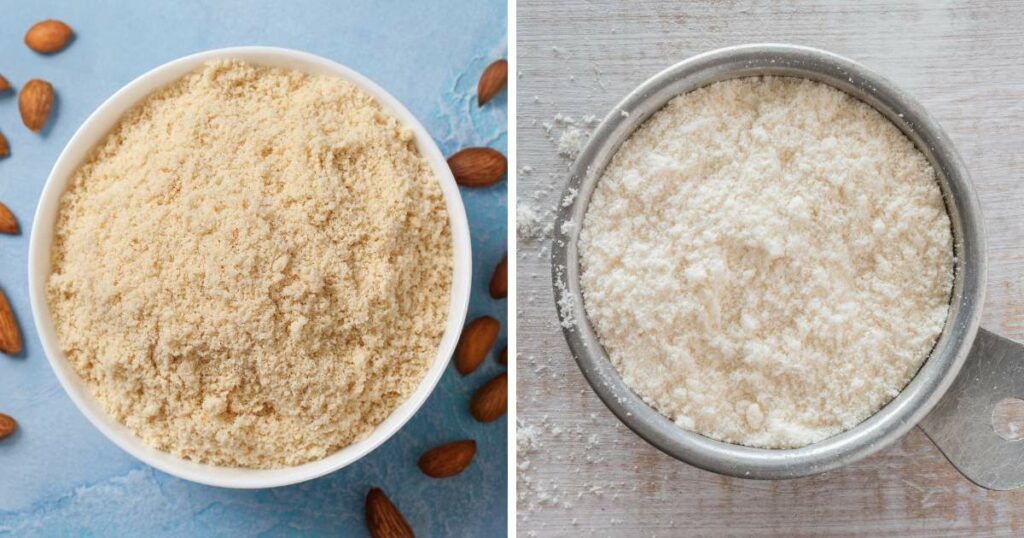
Table of Contents (click to view)
Flour Substitutes With Low Net Carbs
When following a low-carb or keto diet, traditional wheat flour is off-limits. However, you can use many low-carb and keto flour substitutes in baking and cooking. Two popular options are almond flour and coconut flour, both low in net carbs and high in healthy fats and protein.
Benefits of Using Low-Carb Flour
Using low-carb flour like almond flour and coconut flour has many benefits. They are perfect for those looking for keto substitutes and low-carb alternatives, as they are low in net carbs compared to a cup of all-purpose flour and high in healthy fats and protein.
Like cauliflower rice, they are also gluten-free and grain-free, making them an excellent option for those with food allergies or following an elimination diet. It is crucial to remember that these flours have different properties, and you may need to adjust your recipes accordingly.
Coconut Flour or Almond Flour: Which Is Better?
Your choice between coconut and almond flour will depend on your goals and preferences. Both coconut flour and almond flour have their unique nutritional profiles and benefits. Coconut flour is higher in fiber and low in net carbs, while almond flour is higher in healthy fats.
Like whole coconut and almonds, the ground flour has different flavors and lends distinctly different textures to the end product. These flours also react differently to the other ingredients in the recipe.
Consider what works best for you. If you are allergic to nuts, sensitive to foods with oxalate, or following a low-oxalate diet, you’ll want to avoid almond flour.
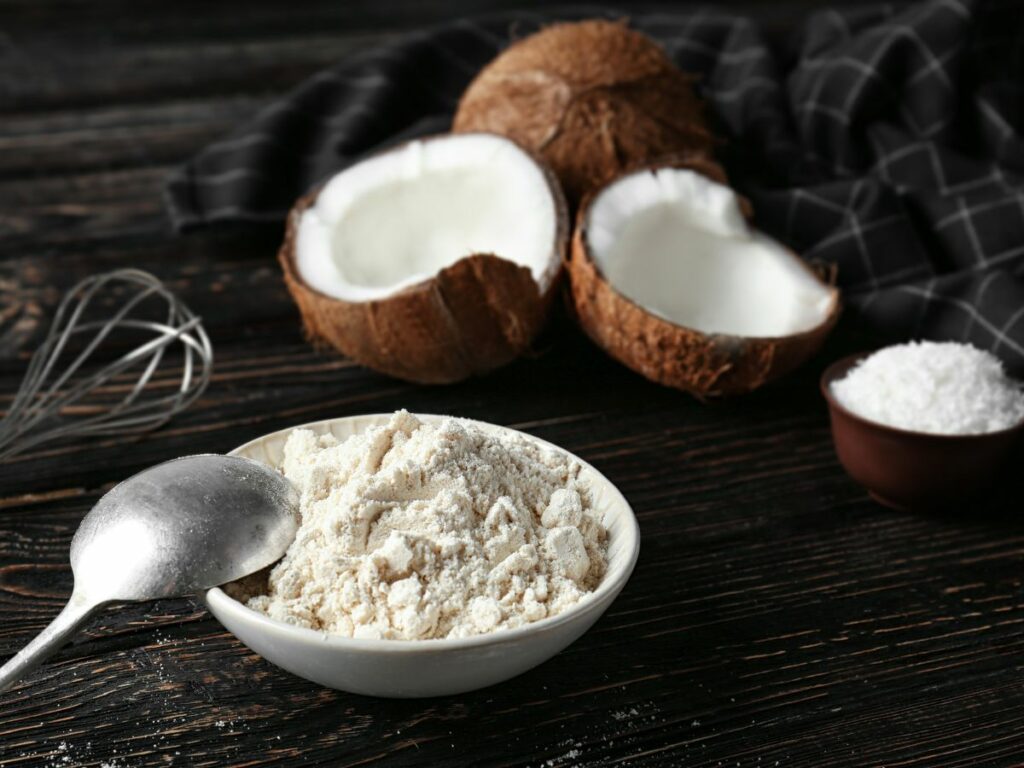
What Is Coconut Flour?
Coconut flour is a soft, finely ground flour made from dried coconut meat. Coconut flour’s unique texture and flavor add a slight sweetness to recipes, making it an excellent option for baking desserts and sweet treats.
There are many keto-friendly coconut products, coconut flour is just one of them. I consider a big bag of coconut flour an important pantry staple because it’s so use full for coconut flour bread, chocolate cake, and even hot keto cereal.
Ways To Use Coconut Flour
Coconut flour is a versatile ingredient you can use in various creative ways in your keto kitchen. The possibilities are endless, from savory dishes like meat pie, breadsticks, and steamed bread to sweet treats like pancakes and muffins.
Aside from baking, I also use coconut flour as a low-carb breading on chicken and other meat. Try experimenting with different recipes that use these flours differently so you can find your favorite way.
How To Substitute Coconut Flour in Your Recipes
Coconut flour can be challenging due to its high absorbency and unique texture. However, you can easily substitute coconut flour in your favorite baking recipes with a few tips. From adjusting the liquid to adding binding agents, understanding the proper ratios and techniques will help you achieve perfect results every time.
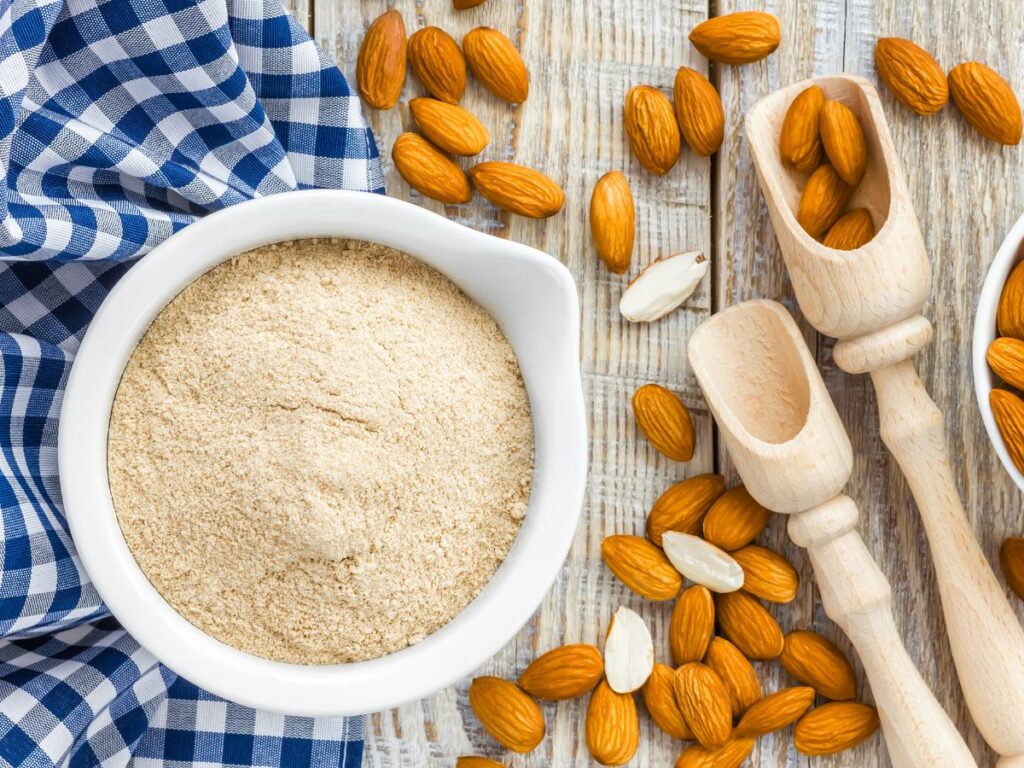
What Is Almond Flour?
Almond flour is a low-carb flour made from blanched almonds ground into a fine powder. Almond flour has a slightly sweet and nutty flavor, and you can use it in various recipes, including baked goods, as a coating for meats and vegetables, and as a thickener for sauces and gravies.
Difference Between Almond Flour and Almond Meal
Almond flour and almond meal are often interchangeable, but there is a significant difference. Almond flour is made from blanched almonds that have had their skins removed and then ground into a fine powder.
Unblanched almond flour, also called almond meal, on the other hand, is made from almonds that still have the skins on and is coarser in texture. It can affect the texture and color of your baked goods, so choosing the right one for your recipe will make a difference.
Baking With Almond Flour: Tips and Tricks for Perfect Low-Carb Results
Baking with almond flour can be a great way to enjoy your favorite treats while staying low-carb. In addition to baked goods, you can also enjoy a variety of pancake recipes.
It can also be tricky due to its unique texture and high-fat content. You can consistently achieve perfect results by understanding the proper ratios, techniques and flavor combinations and creating delicious low-carb baked goods.
Coconut Flour and Almond Flour Nutrition Facts
Coconut flour and almond flour have similar nutritional profiles, but some differences exist. Coconut flour is higher in fiber and lower in net carbs, while almond flour is higher in protein and healthy fats. Both are gluten-free flours, grain-free, and keto-friendly.
For 100 grams of coconut flour, total sugars are approximately 30 grams. Almond flour contains about 9 grams of net carbs, according to the USDA FoodData Central. After reading that comparison, you might think almond flour is the better option for a low-carb recipe. But remember, you typically need less coconut flour than almond flour in a recipe. At the end of the day, they are quite similar in their carb count.
If you’re on a low-oxalate diet, the oxalate content in these flours is also important to consider. Almond flour has a whopping 400mg of oxalates for half a cup because almond in and of itself is a high-oxalate food. Meanwhile, coconut flour only has 9mg of oxalate, making it a superior low-oxalate flour.
How to Swap Almond Flour for Coconut Flour?
Swapping coconut flour for almond flour can be tricky, as they have different properties and behave differently in baking. Generally, you will need to use less coconut flour than almond flour and add more liquid to the recipe. Finding the correct ratio for your recipe may take some trial and error.
To start with, I use a ratio of four to one. For a cup of almond flour, I replace it with a quarter cup of coconut flour. This is, of course, just an estimate on how to start when developing the recipe.

Baking With Coconut Flour vs Almond Flour
Coconut flour and almond flour behave differently in baking, so choosing the right one for your recipe is essential. Coconut flour is highly absorbent and requires a lot of liquid, while almond flour is more forgiving and doesn’t require as much liquid.
You don’t always need to choose between the two. Some recipes like keto blueberry scones and keto coffee cake use both.
|
Primary Rating:
4.7
|
Primary Rating:
5.0
|
|
$18.99
|
$18.49
|
|
Pros:
|
Pros:
|
- Organic, gluten-free, low-carb
- Finely ground dried coconut - not rancid!
- For bread, muffins, pancakes, and more
- Organic, gluten-free, low-carb
- Finely ground, blanched almonds
- For pie crust, cookies, and more
Making Your Own Almond and Coconut Flour
Making your own almond and coconut flour is an easy and cheap way to enjoy the benefits of low-carb flour without such a high retail price. By making these flours yourself, you can ensure they are fresh and free from additives, making them perfect for your lifestyle.
How To Make Your Own Coconut Flour
Making your coconut flour is surprisingly easy and affordable. Here’s how to do it in two steps:
- Place shredded or desiccated coconut in a high-speed blender.
- Pulse it a few times, then blend continuously into a fine powder.
You can also blend the shredded coconut with water and make coconut milk beforehand. Coconut milk is similar to but different from coconut water.
Then, spread the coconut pulp onto a baking sheet and bake it at a low temperature until fully dry. This will take your from-scratch pumpkin bread to a new level.
Blend the dry pulp in a high-speed blender until you get a fine powder. Finally, sift it to remove larger pieces. Homemade coconut flour is a great way to save money and avoid any added sugars or preservatives found in store-bought options.
How To Make Your Almond Flour
Similarly, making your almond flour at home is a simple process. Start with blanched almonds that have had the skins removed. Pulse them in a food processor until they form a fine, powdery texture. Like coconut flour, homemade almond flour is cost-effective and lets you control the quality of the ingredients.
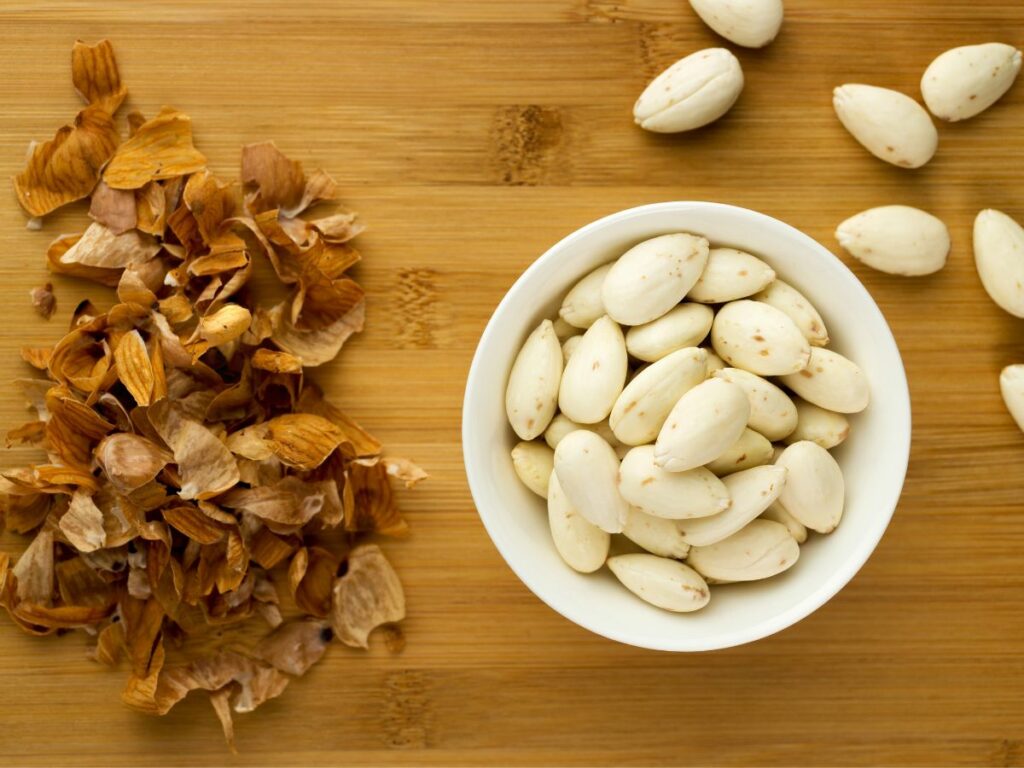
Tips and Tricks
- Blanching almonds — If you plan to make white almond flour, place your almonds with skin into the boiling water for two minutes. Drain, wash and spread on a cloth. By then, the skin will become loose, and you can easily peel it with your hands. You’ll need to dry them thoroughly before grinding into flour.
- Amount – One and a half cups of almonds gives you two cups of almond flour, and two and a half cups of shredded coconut gives you one cup of coconut flour.
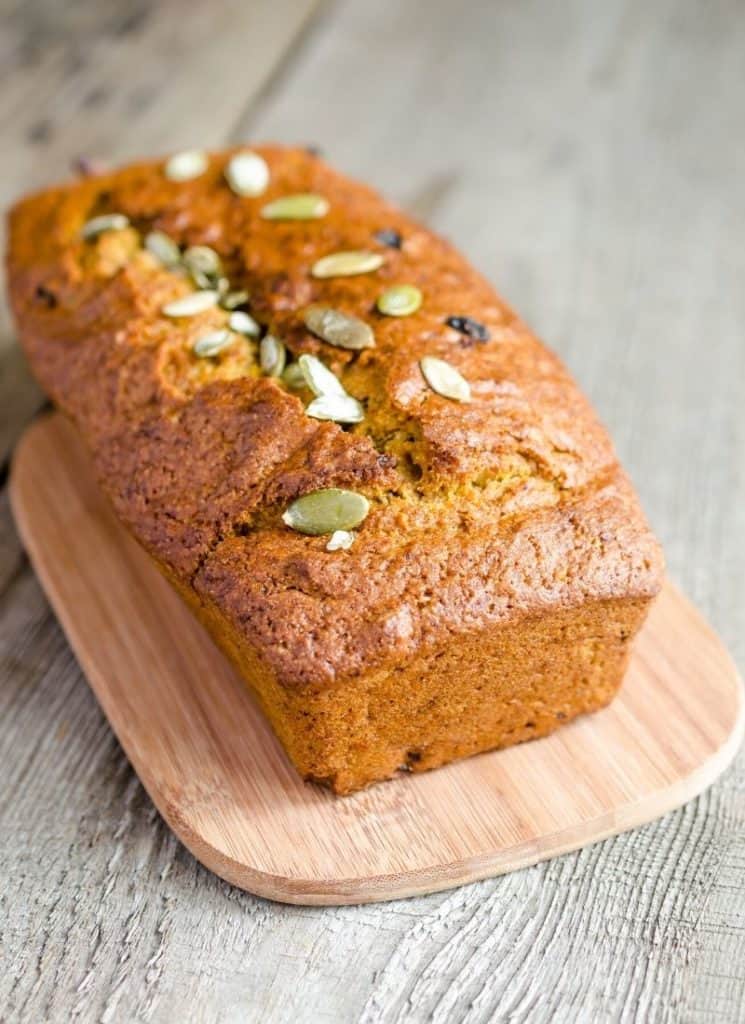
FAQs
It depends on what you’re making because almond flour and coconut flour each have their strengths and weaknesses. Coconut flour is the best choice if you’re making recipes with airy texture, like cakes or muffins. But, if your recipe needs a denser texture, like bread or cookies, it’s ideal to use almond flour.
Coconut flour is ideal for deep frying. Aside from fried chicken, you can also use it to make chicken balls, onion rings, and other deep-fried dishes. It handles the heat well and crisps nicely, which makes it a good alternative to traditional flour for frying.
In terms of flavor, both flours keep their original taste, as you might expect. Almond flour tastes nutty, while coconut flour tastes like coconut. The latter has a stronger flavor than almond flour.
Both almond flour and coconut flour are potentially suitable for a weight-loss diet. Between the two, coconut flour has fewer calories, lower net carbs, and higher protein.
You can use almond flour in various recipes. This includes cookies, pie crusts, cakes, breads, cupcakes, and muffins. You can also use it as breadcrumbs for chicken. If you’re using it as a substitute, almond flour can be converted into traditional flour at 1:1 ratio.
In Conclusion
At first glance, it’s hard to tell which is which between almond flour and coconut flour. Knowing which is best for your kitchen needs is hard even when the label is clear. I hope this guide about the differences between almond flour vs. coconut flour helps you get to know each ingredient better.
Save this guide for later so you know what to do the next time you’re venturing on a new culinary adventure. Also, don’t forget to share this to help others distinguish the two flours better and make informed choices when cooking.
Portions of this article originally appeared on Low Carb – No Carb.


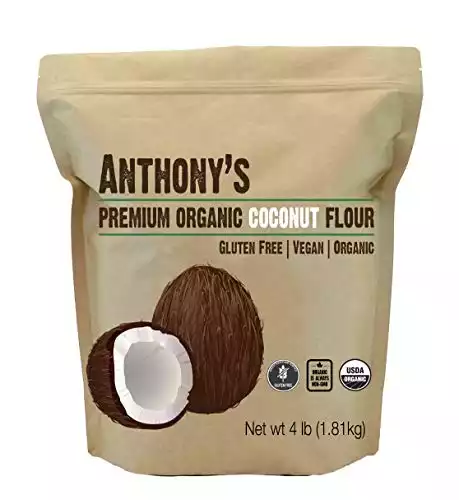
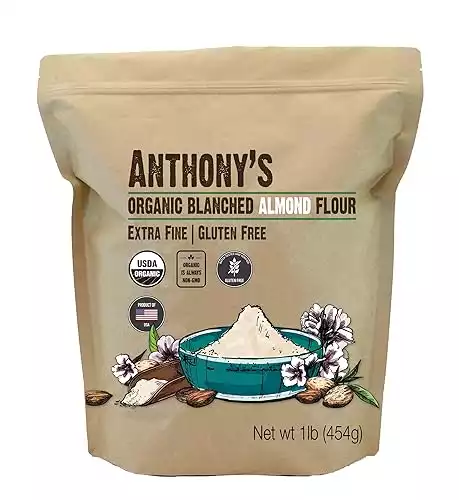
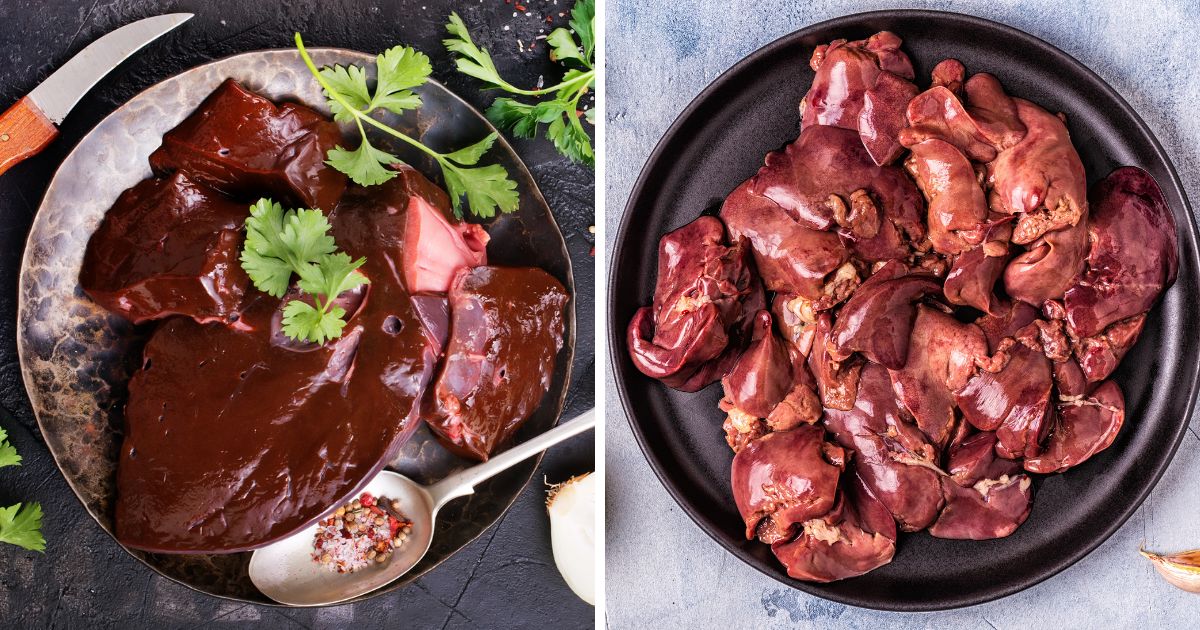
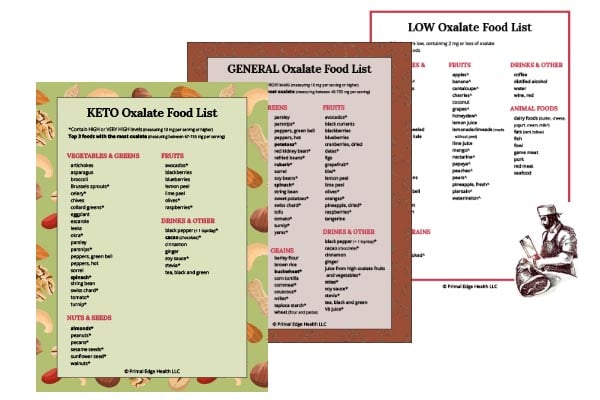


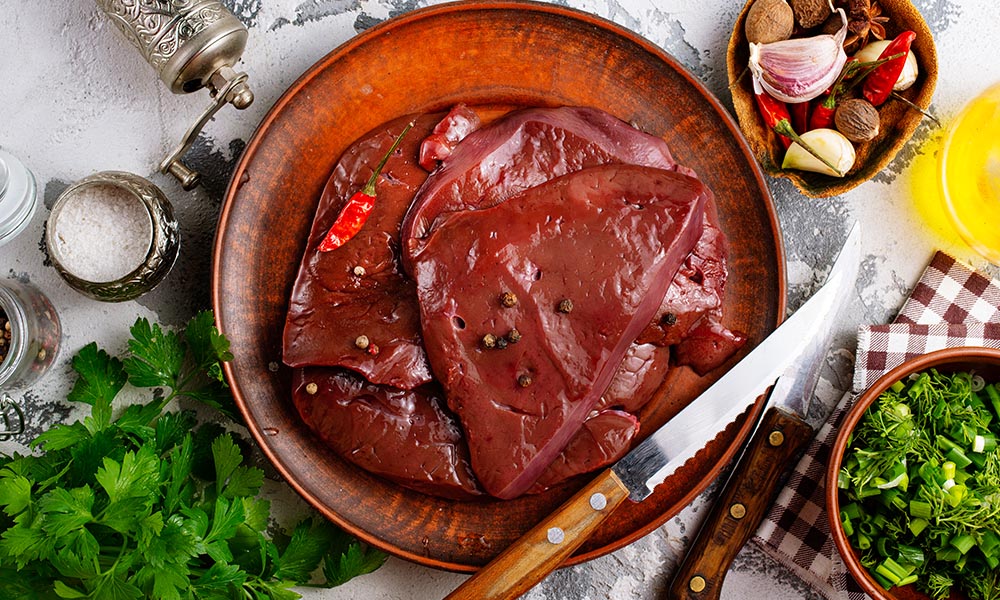

I’m sensitive to oxalates. Is it advantageous to buying your keto and baking cookbooks for someone who has this challenge? Thank you
Candise – the majority are LO, but not all exclusively. The product page does give an overview on content included, you can review here for more info. Just scroll to the bottom where it says Take A Look. Another option is to purchase the eBook, and if you don’t find it useful, we will refund in full. No questions asked. At any point if you want to upgrade to a print book, we will discount the cost of the ebook, just email help.peh@gmail.com and we’ll arrange whatever helps the most. Thank you!
When it comes to taste, I find I generally prefer the more neutral flavor of almond flour. However, I’m concerned about oxalates and wondering if coconut flour would be better in this case?
Hi Mel. Yes, coconut flour is the best option for low-oxalate diets. Thanks for the comment.